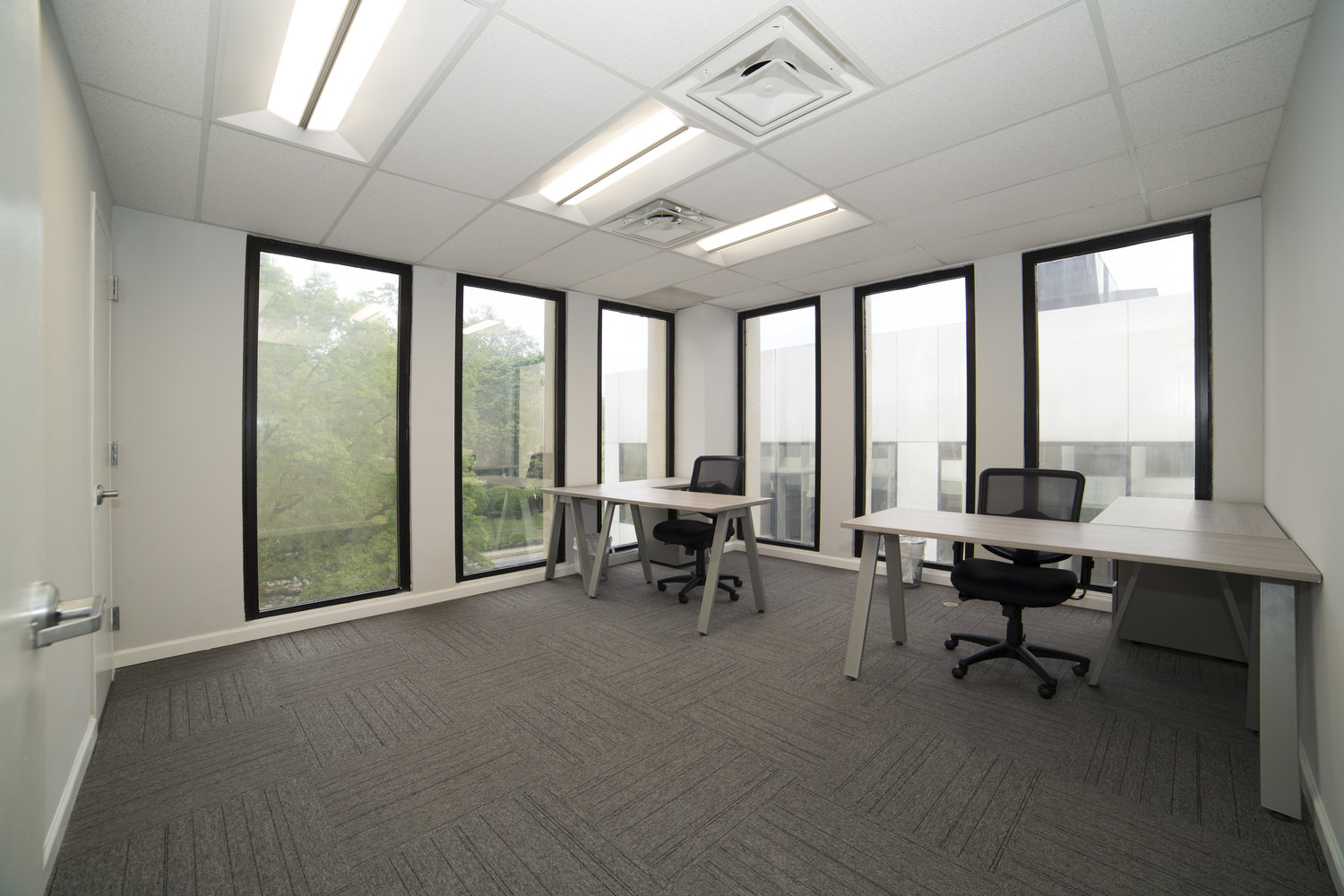
In the dynamic realm of entrepreneurship, the choice of business space for rent plays a pivotal role in shaping the trajectory of a venture. The decision to rent business space is a strategic move that involves considerations beyond square footage and location. This article explores the multifaceted aspects of renting business space, offering insights into the key factors entrepreneurs should contemplate to ensure the chosen space becomes a catalyst for success.
The Foundation:
Defining Your Business Space Needs: Before delving into the world of available spaces, entrepreneurs must first define their business space for rent needs. This involves considering the nature of the business, the number of employees, the type of work conducted, and any specific requirements for equipment or amenities. This foundational step sets the parameters for the search and helps narrow down potential spaces.
Location, Location, Location:
The Strategic Impact of Address: The importance of location cannot be overstated in the business world. The address of a business space for rent carries strategic significance, influencing factors such as accessibility, visibility, and the impression it leaves on clients and partners. Entrepreneurs should assess the proximity to target markets, transportation infrastructure, and the overall vibe of the neighborhood.
Financial Considerations:
Balancing Budget and Ambition: Renting business space for rent comes with financial implications that can significantly impact the bottom line. Entrepreneurs must strike a balance between their budget constraints and the ambition to secure a space that aligns with the brand image and operational needs. It’s crucial to consider not just the monthly rent but also additional costs such as utilities, maintenance, and potential future expansion.
Flexibility:
Adapting to the Dynamics of Business Growth: The dynamic nature of business space for rent calls for flexibility in the chosen space. Entrepreneurs should consider spaces that allow for scalability, whether it’s the ability to expand within the same building or negotiate flexible lease terms. This adaptability ensures that the chosen space can evolve with the business, accommodating growth without hindering operations.
Aesthetic and Functional Alignment:
Creating an Inspiring Workspace: The aesthetics and functionality of a business space for rent contribute to the overall work environment. A well-designed and functional workspace not only enhances employee morale but also leaves a positive impression on clients and visitors. Entrepreneurs should seek spaces that align with their brand aesthetics while also providing the practical features necessary for daily operations.
Infrastructure and Amenities:
Beyond Four Walls: Beyond the physical business space for rent , entrepreneurs should consider the infrastructure and amenities that come with it. High-speed internet, meeting room facilities, parking options, and security features are integral components that contribute to the efficiency and convenience of the workspace. Assessing these factors ensures a seamless operational experience.
Community and Networking Opportunities:
The Power of Shared Spaces: For some entrepreneurs, shared or co-working business space for rent present an attractive option. These environments offer not just a physical space but also the opportunity to be part of a community. Networking opportunities, shared resources, and a collaborative atmosphere can foster innovation and provide valuable connections for business growth.
Legal and Regulatory Compliance:
Navigating the Red Tape: Renting business space for rent involves navigating legal and regulatory considerations. Entrepreneurs should ensure that the chosen space complies with zoning regulations, building codes, and lease agreements. Understanding the legal framework and seeking professional advice can prevent potential complications down the road.
Technology Integration:
Future-Proofing the Workspace: In the digital age, technology integration is a critical aspect of any business space for rent. Entrepreneurs should assess the availability of advanced technology infrastructure, consider the potential for future upgrades, and ensure that the chosen space supports the technological needs of the business. This future-proofing approach prevents disruptions as technology evolves.
Environmental Impact:
Sustainability and Corporate Responsibility: With a growing emphasis on sustainability, entrepreneurs may choose to prioritize business spaces that align with environmental values. Assessing the environmental impact of the space, considering energy efficiency, waste management, and eco-friendly initiatives, reflects a commitment to corporate responsibility and resonates positively with environmentally conscious stakeholders.
Conclusion:
Renting business space for rent is a strategic decision that goes beyond the physical dimensions of four walls. It’s a dynamic process that involves aligning the space with the unique needs, vision, and values of the business. By carefully considering factors such as location, financial implications, flexibility, aesthetics, infrastructure, and environmental impact, entrepreneurs can unlock the potential of their chosen workspace. In the intricate dance of business success, the right space serves not just as a physical foundation but as a catalyst for innovation, collaboration, and growth.








